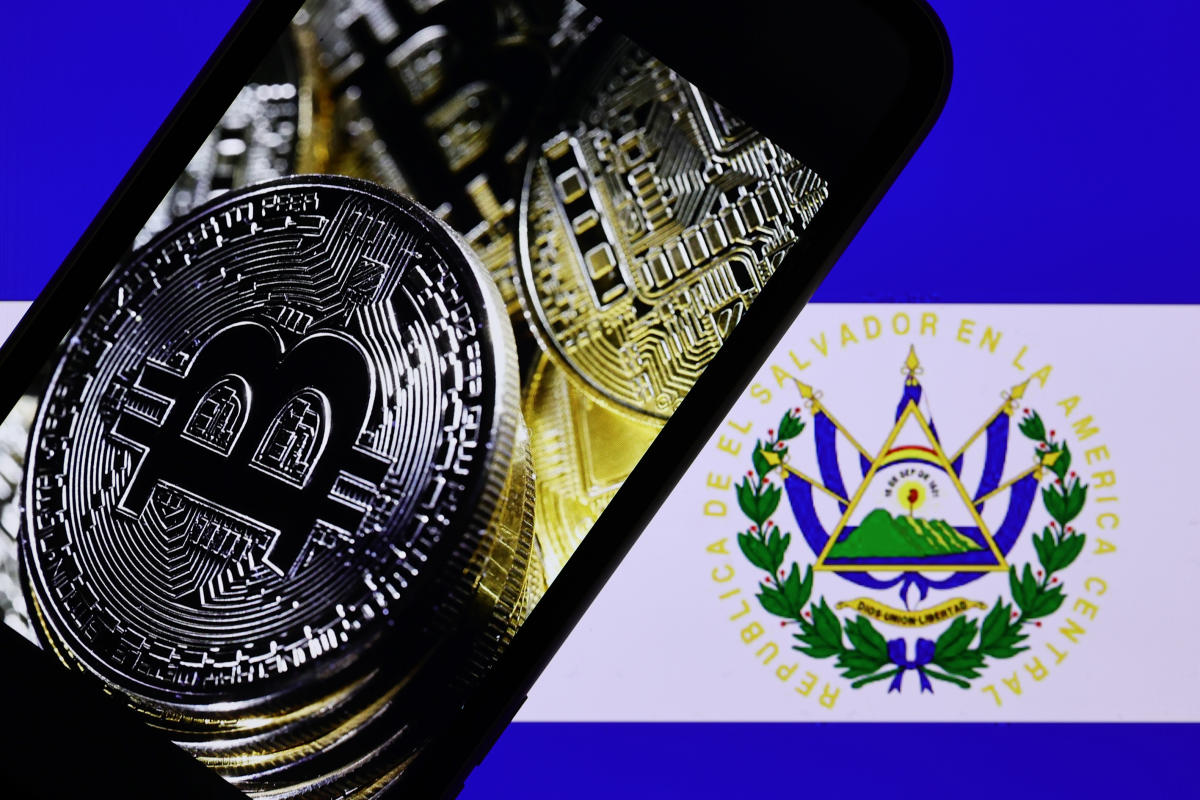The International Monetary Fund (IMF) has imposed strict restrictions on the use of Bitcoin by the public sector in El Salvador as part of a new loan agreement. The decision calls into question the country’s future policy regarding the first cryptocurrency, which the authorities have previously actively acquired and implemented into the economy.
Ban on the purchase and storage of Bitcoin
According to the terms of the agreement, El Salvador is prohibited from voluntarily accumulating Bitcoin, including through purchase or mining, if these assets are under the control of state entities. The restriction applies to both hot and cold wallets controlled by the state. However, Bitcoins confiscated or seized during law enforcement activities are not subject to this ban and can remain in the hands of the authorities.
Full control by the IMF
The government is required to provide the IMF with a full report on all state-owned cryptocurrency wallets and conduct an audit of the existing digital assets. In addition, the Salvadoran authorities must develop a detailed plan to stop working with the national crypto wallet Chivo. According to the agreement, this process must be completed by the end of March 2025. The government is also required to liquidate the Fidebitcoin Bitcoin Fund, which was previously used to support operations with the first cryptocurrency, by July.
The Future of Crypto Market Regulation in El Salvador
A bill that will tighten control over the cryptocurrency market is to be introduced to the country’s parliament in August 2025. The authorities plan to strengthen regulation of the activities of digital asset issuers and service providers related to cryptocurrencies. In addition, the agreement prohibits the government from issuing debt obligations and tokenized instruments denominated in Bitcoin. This means that El Salvador will not be able to attract investment by issuing digital assets related to BTC.
The current state of El Salvador’s Bitcoin reserves
At the moment, about 6,100 BTC are stored in the state crypto wallet of El Salvador. The country’s authorities regularly purchased Bitcoin, betting on its long-term growth. However, under pressure from the IMF, further purchases may be banned. This move calls into question the economic strategy of President Naib Bukele, who has been actively promoting Bitcoin as a means of payment and savings.
International Pressure on El Salvador’s Crypto Economy
The IMF has previously expressed concern about El Salvador’s Bitcoin policy, pointing out potential financial risks. As part of the new loan agreement, the organization demanded that the state cease all participation in the purchase of cryptocurrency, which could significantly affect the further development of the digital economy in the country.
El Salvador became the first country in the world to legalize Bitcoin as a legal tender. However, the government now faces a difficult choice: to comply with the IMF’s requirements and abandon the active use of BTC or to look for alternative ways to preserve crypto initiatives.

New KYC Rules in India: Crypto Exchanges Tighten Scrutiny

Cryptocurrency Licensing in the UK: New Rules and Deadlines

Global Implementation of the CARF Standard: New Requirements for Crypto Services



